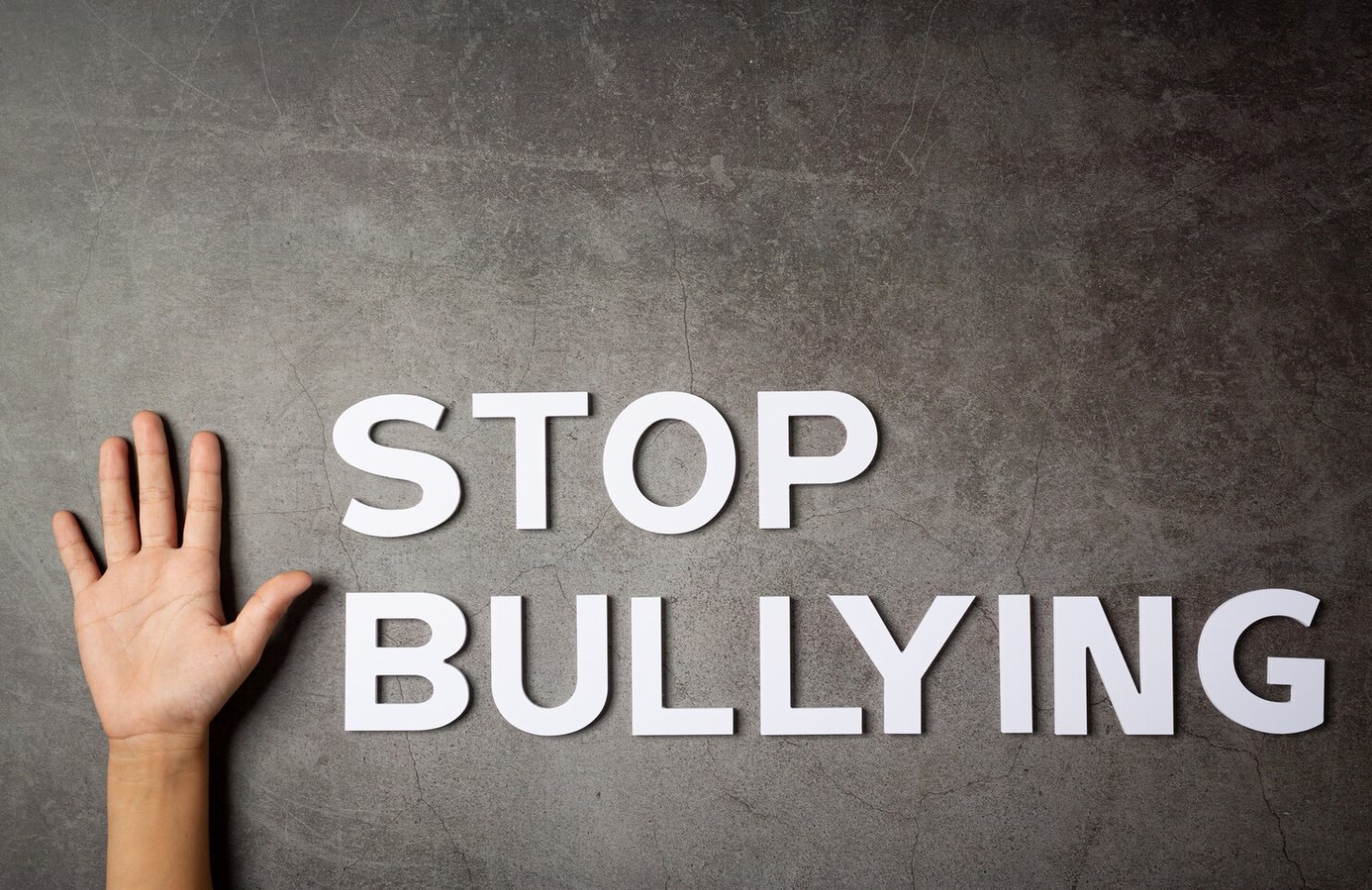
The Devastating Effects of Bullying on Mental Health: How Social Workers Can Help Their Clients Heal
Oct 16, 2023Imagine a world where every child and adolescent can grow up feeling safe, valued, and supported. Unfortunately, the prevalence of bullying continues to jeopardize the mental well-being of countless individuals. As professionals in the field of mental health, you possess the power to make a lasting impact on the lives of those who have experienced the devastating effects of bullying. In this blog, we will delve deeper into the profound consequences of bullying and explore practical strategies that social workers can employ to assist their clients in their journey toward healing and resilience.
1. Understanding the Emotional Toll:

Bullying inflicts deep emotional wounds that can leave individuals feeling overwhelmed and lost. The effects of bullying often manifest as anxiety, depression, low self-esteem, and a pervasive sense of hopelessness. As social workers, it is crucial to create a safe and empathetic space for your clients to express their emotions. Here are a few practical tips:
- a) Active Listening: Practice active listening by maintaining eye contact, nodding, and providing verbal affirmations to show that you genuinely understand and care about their experiences.
- b) Validation: Validate their feelings and experiences by acknowledging the impact of bullying on their mental health. Let them know that their emotions are valid and that they are not alone in their struggles.
- c) Emotional Regulation Techniques: Teach your clients practical techniques to regulate their emotions, such as deep breathing exercises, journaling, or mindfulness meditation. These techniques can help them regain a sense of calm during times of distress.
2. Addressing Trauma and PTSD:

Bullying can result in trauma and post-traumatic stress disorder (PTSD) for many individuals. To assist your clients in processing and healing from these traumatic experiences, consider the following strategies:
- a) Cognitive Behavioral Therapy (CBT): Implement CBT techniques to help clients challenge and reframe negative thoughts related to their bullying experiences. Encourage them to replace self-blame with self-compassion and to recognize their strengths and resilience.
- b) Eye Movement Desensitization and Reprocessing (EMDR): EMDR is an evidence-based therapy that can aid in resolving traumatic memories. By using bilateral stimulation techniques, EMDR helps clients reprocess traumatic events and reduce the distress associated with those memories.
- c) Narrative Therapy: Utilize narrative therapy techniques to help clients rewrite their stories and reclaim their identities beyond the scope of bullying. Encourage them to explore their strengths, talents, and aspirations, enabling them to create a narrative that emphasizes their resilience and growth.
3. Fostering Self-Esteem and Empowerment:

Bullying has a detrimental impact on an individual's self-esteem and self-worth. Here are practical ways to help your clients rebuild their confidence and empower them to regain control of their lives:
- a) Strengths-Based Approach: Shift the focus from their perceived weaknesses to their strengths. Encourage them to identify and celebrate their unique qualities and abilities. This can help build a foundation of self-worth and resilience.
- b) Goal Setting: Assist your clients in setting achievable goals that align with their interests and passions. By helping them realize their potential and achieve personal milestones, you can enhance their self-esteem and motivate them to pursue their dreams.
- c) Self-Care Practices: Teach self-care techniques that promote emotional well-being, such as engaging in hobbies, exercising, practicing mindfulness, and maintaining healthy relationships. Encourage your clients to prioritize self-care as an essential component of their healing journey.
4. Cultivating Support Systems:

Isolation is a common consequence of bullying, making it crucial to help your clients build and nurture supportive relationships. Consider the following strategies:
- a) Support Groups: Connect your clients with support groups or online communities where they can interact with others who have experienced similar challenges. These groups provide a safe space for sharing experiences, offering support, and learning coping strategies from one another.
- b) Peer Mentoring: Facilitate opportunities for your clients to connect with individuals who have successfully overcome bullying and rebuilt their lives. Peer mentors can serve as role models, providing guidance, encouragement, and a sense of hope for your clients.
- c) School and Community Involvement: Collaborate with schools and community organizations to create awareness campaigns and workshops on bullying prevention. By involving teachers, parents, and community members, you can establish a network of support that fosters a culture of kindness, empathy, and respect.
5. Promoting Anti-Bullying Initiatives:

Social workers have a unique opportunity to advocate for change and promote anti-bullying initiatives at both the individual and systemic levels. Here are practical steps you can take:
- a) Education and Training: Offer training sessions to teachers, parents, and school staff on recognizing and addressing bullying. Provide them with strategies to create a safe and inclusive environment that discourages bullying behaviors.
- b) Policy Advocacy: Collaborate with policymakers and organizations focused on child welfare to advocate for comprehensive anti-bullying policies. Push for the implementation of programs that emphasize prevention, intervention, and support for victims.
- c) Empowerment Through Awareness: Organize workshops and awareness campaigns in schools and communities to educate individuals about the devastating effects of bullying. Empower children and adolescents to become allies and advocates, encouraging them to stand up against bullying and promote empathy and inclusivity.
Final Thoughts:
Therapists and social workers have the extraordinary ability to support individuals affected by bullying and guide them on a path towards healing and resilience. By understanding the emotional toll of bullying, addressing trauma, fostering self-esteem, cultivating support systems, and advocating for change, you can make a profound impact on the lives of those who have endured the devastating effects of bullying.
As you continue to enhance your knowledge and skills in supporting individuals impacted by bullying, we invite you to explore the CEU Outlet Continuing Education course titled "Bullying" This course aims to equip mental health professionals with a deeper understanding of the needs of children who are bullied, the reasons why they may not report bullying, and the crucial role that mental health professionals play in intervening.
By completing this course, you will earn 1 CE hour, further enriching your professional development and enabling you to better assist your clients in their journey toward healing and recovery.
Remember, your dedication and compassionate approach are invaluable in helping individuals rebuild their lives. Together, let us work towards a society where every child and adolescent can grow up feeling safe, valued, and empowered.




